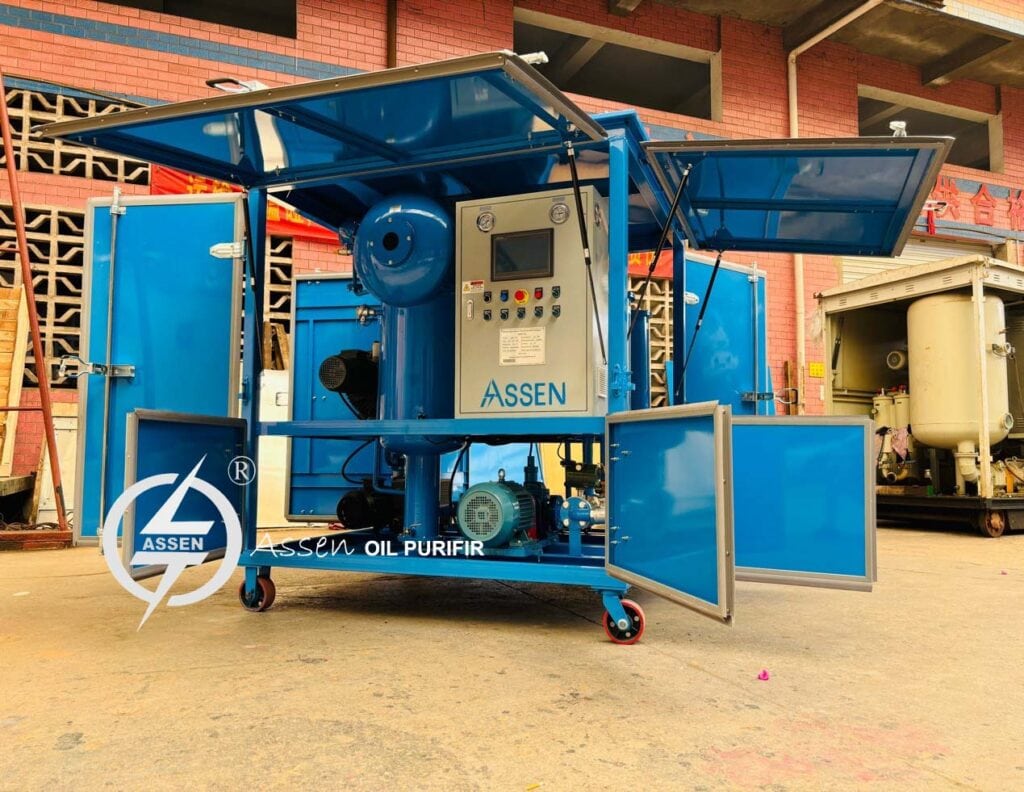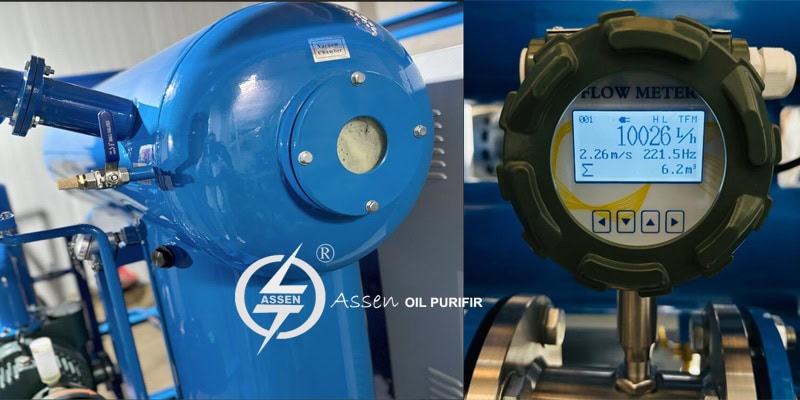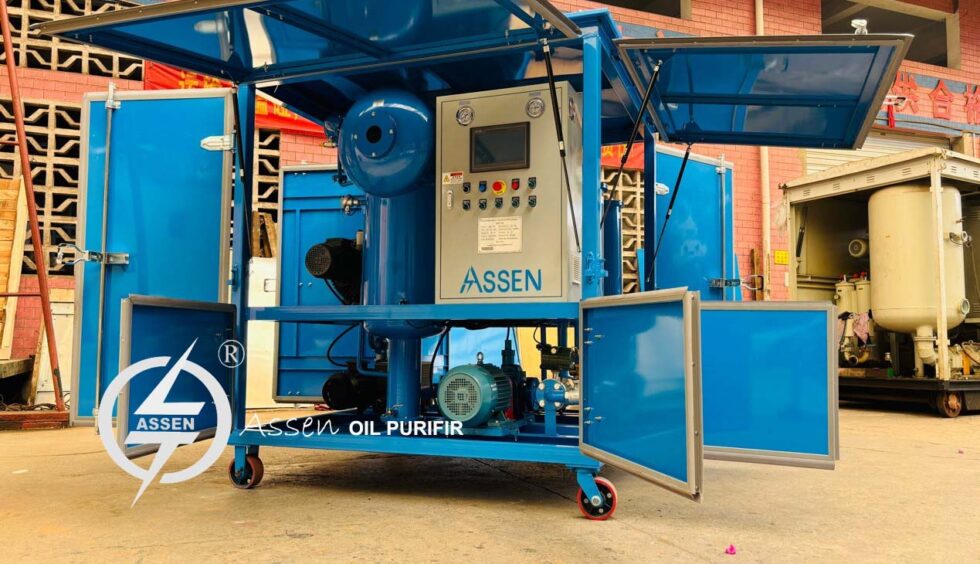Industrial oil filters are integral components in various machinery and equipment, ensuring the longevity and efficiency of industrial operations. They play a critical role in removing contaminants from lubricating oil, which is vital for the smooth operation of engines, hydraulic systems, and other industrial equipment. Understanding the structure and efficiency of these filters is essential for maximizing performance and minimizing maintenance costs.

Structure of Industrial Oil Filters
Filter Media
The filter media is the heart of an industrial oil filter, responsible for trapping contaminants from the oil. It is typically composed of materials like cellulose, synthetic fibers, or a combination of both. The media is designed to have a high surface area to capture particles while allowing a steady flow of oil. Advanced filter media may use multi-layered or pleated designs to increase the filtration surface and enhance performance. High-quality media can capture particles as small as a few micrometers, which is crucial for protecting sensitive machinery components.
Filter Cartridge
The filter cartridge is the structural component that houses the filter media. It usually consists of a cylindrical metal or plastic casing with an inlet and outlet for oil flow. Inside the cartridge, the filter media is held in place and protected. The cartridge also includes essential components such as the bypass valve and anti-drain back valve. The bypass valve ensures that oil continues to flow through the system even if the filter media becomes clogged, while the anti-drain back valve prevents oil from draining out when the system is not in operation.
End Caps and Support Layers
End caps are located at both ends of the filter media and are typically made from metal or durable plastic. They provide structural integrity and prevent the filter media from collapsing or bypassing unfiltered oil. Support layers, often made from metal mesh or reinforced plastic, add additional rigidity to the filter, ensuring it can withstand the pressure and flow conditions within the system.
Bypass and Anti-Drain Back Valves
Bypass valves are crucial in ensuring continuous oil flow when the filter becomes clogged or excessively dirty. They allow oil to bypass the filter and flow directly to the system, preventing potential damage from reduced oil flow. Anti-drain back valves, on the other hand, prevent oil from draining out of the filter when the equipment is turned off. This ensures immediate oil availability when the machinery is restarted, minimizing wear during startup.
Efficiency of Industrial Oil Filters

Filtration Efficiency
Filtration efficiency is a measure of how effectively an oil filter removes contaminants from the oil. It is commonly represented by the Beta ratio, which indicates the filter’s ability to capture particles of a specific size. For example, a Beta ratio of 2 means that the filter captures 50% of particles of a certain size, while higher ratios indicate better efficiency. High-efficiency filters are essential for protecting sensitive machinery components from wear and damage.
Flow Rate
An industrial oil filter must balance filtration efficiency with flow rate. A filter that is too restrictive can reduce oil flow, leading to insufficient lubrication and potential equipment damage. Conversely, a filter with high flow rates but lower efficiency may allow harmful contaminants to pass through. The optimal filter design achieves a balance between efficient filtration and adequate oil flow to ensure reliable equipment operation.
Capacity and Longevity
Filter capacity refers to the amount of contaminants a filter can hold before it needs to be replaced. A filter with a higher capacity can extend service intervals, reducing maintenance frequency and associated costs. Longevity is influenced by factors such as the type of oil used, operating conditions, and the overall design of the machinery. Regular maintenance and timely replacement of filters are crucial to maintaining optimal performance and preventing equipment failures.
Conclusion
The structure and efficiency of industrial oil filters are pivotal in ensuring the reliability and performance of machinery and equipment. By understanding the components and capabilities of oil filters, industrial operators can make informed decisions about filter selection and maintenance. Properly maintained filters enhance machinery longevity, reduce downtime, and improve overall operational efficiency. As technology advances, innovations in filter design and materials will continue to enhance filtration performance, driving better outcomes for industrial applications.
ASSEN is a professional oil purifier manufacturer, and we are devoted to resolving any of your oil filtration issues.
Email:[email protected] Whatsapp:+86-15223801122



